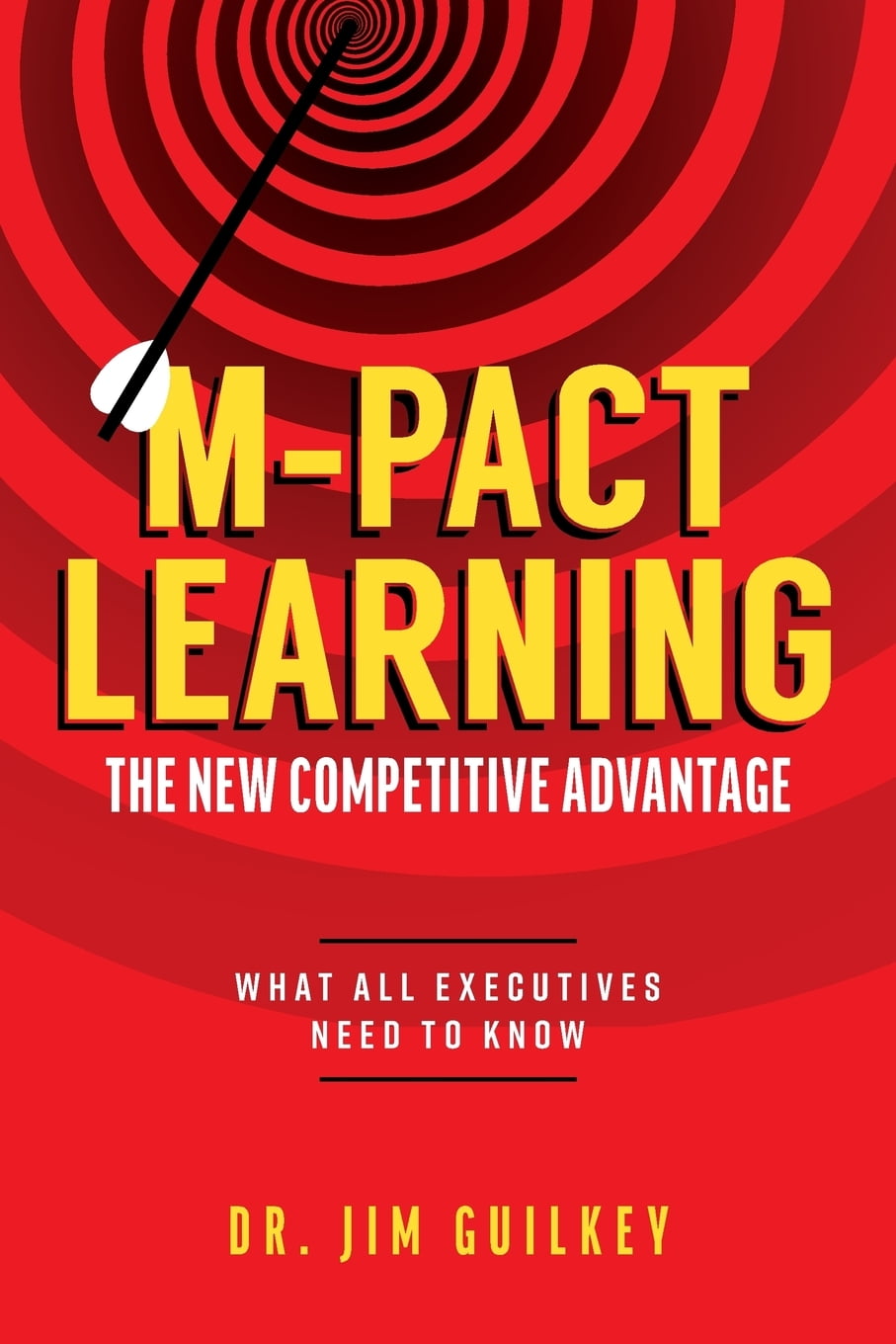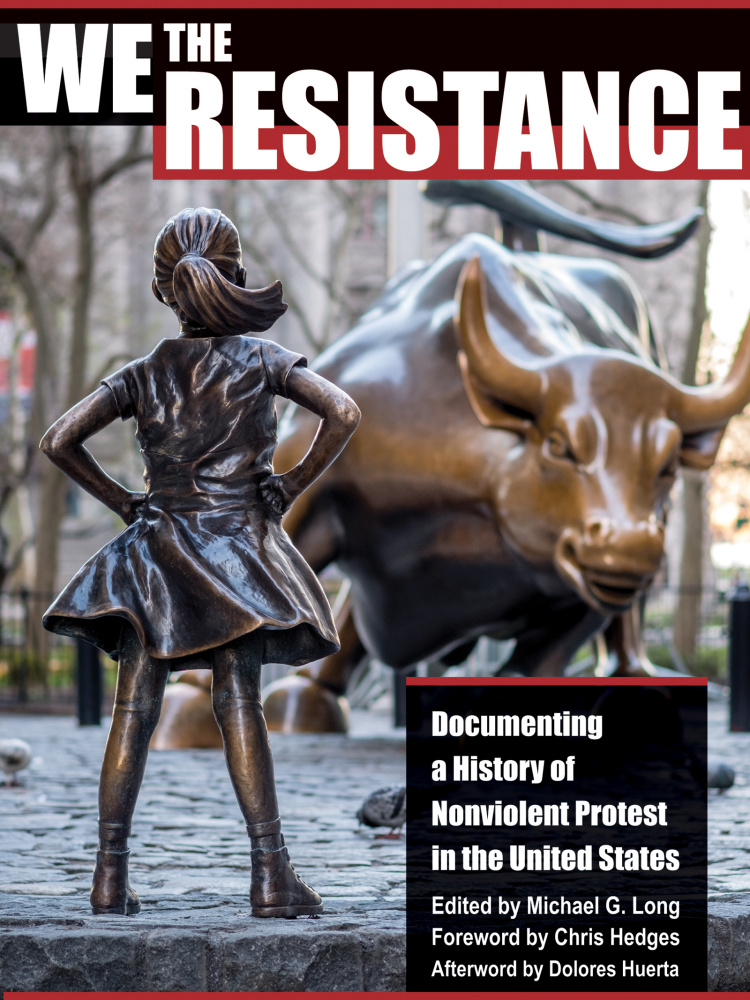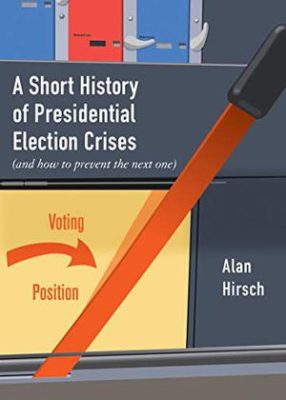EP 364 How Did Coal Country Become America’s Opioid Epicenter?
Just as New York City has been the epicenter of the coronavirus scourge, West Virginia and to be more precise, the little town of Kermit, in many ways, has been the epicenter of the opioid crisis. We can’t forget that this has been the primary public health concern in the United States prior to COVID-19. How did 12 million pills end up in a town with a population of 382 people over a three year period? A hint is that it could not have happened if a lot of people hadn’t looked the other way and if others hadn’t been profiteering from it all. Thankfully while there are many villains in this story, including the state’s Attorney General, the drug companies, the suppliers and the doctors and pharmacists who knew the damage being done, there were some conspicuous heroes, too. One of them is Eric Eyre, a reporter for the Charleston Gazette-Mail at the time and the author of ‘Death in Mud Lick: A Coal Country Fight Against the Drug Companies that Delivered the Opioid Epidemic’. For his newspaper, Eric won the coveted Pulitzer Prize for investigative reporting., making the paper the smallest ever to win the prize in that category. We trace the roots of the opioid crisis, get updates on where it is today and discuss the state of the local newspaper industry, much beleaguered before the COVID-19 crisis and almost decimated since.
Podcast: Play in new window | Download








